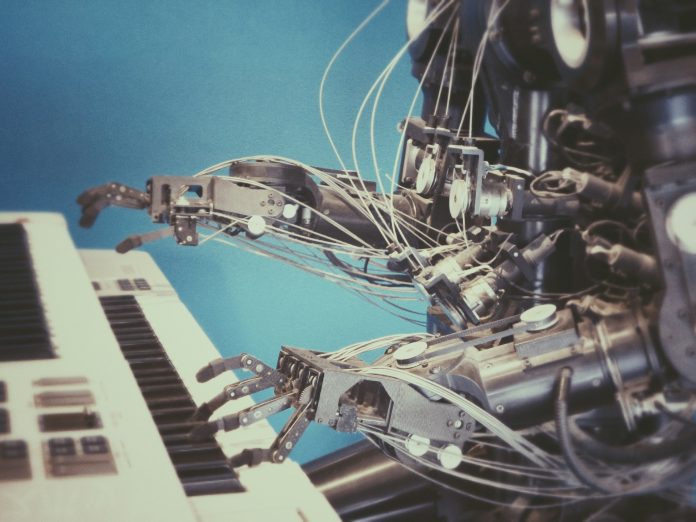Technology is disrupting traditional industries, transforming the way they operate and creating new opportunities for growth. This blog will explore how various sectors, from manufacturing to healthcare, are being reshaped by technology and the implications for businesses and consumers.
1. Introduction to Tech Disruption
- Definition: Tech disruption refers to the phenomenon where technological innovations fundamentally change the way industries operate, often leading to the creation of new markets and the disruption of existing ones.
- Examples: Examples of tech disruption include the rise of e-commerce, the sharing economy, and the adoption of artificial intelligence (AI) and automation.
2. Impact on Manufacturing
- Automation: Automation technologies, such as robotics and AI, are transforming manufacturing processes, leading to increased efficiency and productivity.
- Supply Chain Management: Technologies like blockchain are improving supply chain transparency and traceability, reducing inefficiencies and risks.
- 3D Printing: 3D printing is revolutionizing manufacturing by enabling rapid prototyping and customization of products.
3. Transformation in Healthcare
- Telemedicine: Telemedicine is enabling remote consultations and healthcare delivery, improving access to healthcare services.
- Healthcare Analytics: Big data analytics are being used to analyze patient data and improve healthcare outcomes through personalized treatment plans.
- Digital Health: Wearable devices and health apps are empowering individuals to monitor their health and wellness, leading to preventive healthcare measures.
4. Disruption in Finance
- Fintech: Fintech companies are leveraging technology to offer innovative financial services, such as peer-to-peer lending and digital payments.
- Blockchain and Cryptocurrency: Blockchain technology and cryptocurrencies are disrupting traditional banking and payment systems, offering secure and efficient alternatives.
5. Impact on Retail
- E-commerce: E-commerce platforms are reshaping the retail landscape, offering consumers convenience and a wide range of products.
- Augmented Reality (AR) and Virtual Reality (VR): AR and VR technologies are enhancing the shopping experience, allowing customers to visualize products before purchasing.
6. Tech Disruption in Transportation
- Electric Vehicles (EVs): EVs are disrupting the automotive industry, offering a sustainable alternative to traditional gasoline-powered vehicles.
- Autonomous Vehicles: Autonomous vehicle technology is transforming transportation, with implications for ride-sharing services and logistics.
7. Challenges and Opportunities
- Regulatory Challenges: Tech disruption often faces regulatory hurdles, requiring companies to navigate complex regulatory environments.
- Job Displacement: Automation and AI may lead to job displacement in some industries, necessitating retraining and upskilling programs.
- Innovation and Growth: Tech disruption presents opportunities for innovation and growth, enabling companies to stay competitive and meet evolving consumer demands.





















